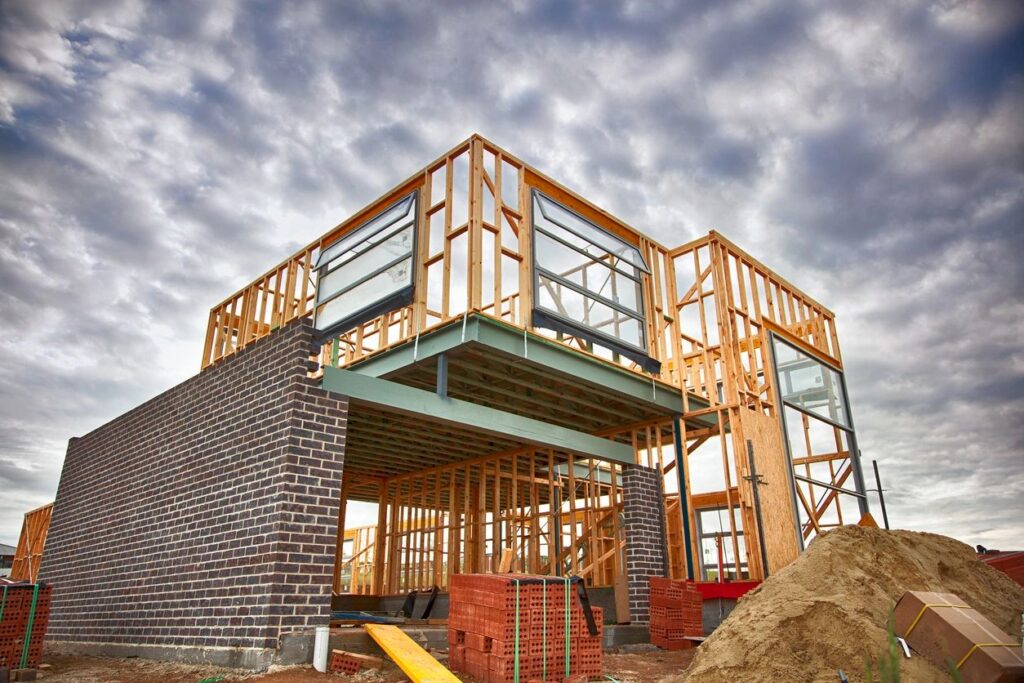
ATLANTA – Georgia’s housing supply – especially affordable housing – is far too low to meet the demand, a group of housing experts told state lawmakers this week.
A House study committee began a series of hearings Wednesday to discuss the problems facing Georgia’s housing market, where affordable homes are often tough to come by.
“We all need safe shelter, affordable shelter, all our Georgia families do,” said Rep. Dale Washburn, R-Macon, the committee’s chairman.
The problem is acute in Atlanta but reaches statewide. Augusta is short by 8,600 housing units per year, while Columbus faces a 3,800 unit deficit. Savannah is short by 9,300 units, said John Hunt, president of MarketNsight, a housing market research firm.
Local zoning rules have not changed to reflect state and national demographic shifts, Hunt said, causing a problem called “the missing middle.”
Millennials ready to purchase a first home and baby boomers whose children have moved out are looking for smaller housing units in the 950-square-foot to 1,750-square-foot range. These groups prefer living in walkable neighborhoods with higher densities and often have disposable income to spend.
But long-standing zoning rules make it difficult to build such units. Hunt noted that the zoning system is about 100 years old and was initially developed to maintain housing segregation.
“At the local level, we’ve done a frighteningly efficient job of limiting supply by not allowing density in places where it makes sense,” Hunt said.
The Hyundai electric vehicle factory in Bryan County and other economic development projects will only increase the demand on housing, said Hugh “Trip” Tollison, president of the Savannah Economic Development Authority. He expects the Savannah area to gain 15,000 to 20,000 jobs over the next five years. Those workers – many of whom will come from other areas to help meet the new demand – will need housing.
“It’s a big, big lift, and it’s going to happen in a short period of time,” Tollison said, noting coordination among the various governments is needed.
Even though zoning is typically a local matter, states can take steps to encourage more affordable housing, said Emily Hamilton, a senior research fellow at the Mercatus Center, a policy institute housed at George Mason University.
Accessory dwelling units such as backyard, garage, or basement apartments allow homeowners to earn extra income by renting out an apartment on their property. They also increase housing supply, Hamilton said, and so far eight states have passed laws legalizing such units.
Minimum lot size requirements also encourage more dense housing, said Hamilton. Reducing lot size requirements helped Houston build 40,000 additional single-family homes with lower price points.
Georgia should also encourage multi-family units to help quickly meet the housing demand, Hamilton said.
And the state legislature should reform Georgia law to make it clear that cities and counties can’t block the building of single-home rentals, said Simon Bloom, founding partner at the law firm Bloom Parham and a former chairman of the board of the state Department of Community Affairs. Doing so would increase available rental stock, Bloom said.
Banks and other large investors purchasing homes across metro Atlanta have strained the housing supply, said Samyukth Shenbaga, managing director for community development at the Atlanta Regional Commission.
In some counties, such as Henry, Paulding, and Douglas more than 6% of single-family residences are owned by such investors. Georgia ranks second after Texas in terms of the number of homes purchased by institutional investors in the state, Shenbaga said.
“I definitely think that is one issue that is contributing to the rising cost of housing,” agreed Chris Denson, director of policy and research at the Georgia Public Policy Foundation, a think tank based in Atlanta that advocates market solutions. “Due to the lack of supply, a lot of these banks see housing now as a precious commodity, and that’s why you’re seeing them engaged in this market.”
Denson pointed to high regulatory costs in Georgia as one reason housing costs are up. His organization recently commissioned a survey on the topic.
Denson said Georgia’s regulatory cost of 27% is about three percentage points higher than the national average. These costs come from requirements like zoning approvals, architectural design standards and building codes, he said.
“We’re not saying [regulations are] bad or should be eliminated, but they truly do add up and they add to the cost of a new home,” Denson said. “And the two largest cost items, both building code changes and design standards, are fully within the government’s power to influence.”
Legislators and housing experts also discussed impact fees, which some local governments levy to cover the increased service and infrastructure costs of building new housing units and attracting new residents.
“For the most part, we don’t truly know what those revenues are going towards,” Denson said, noting his organization has identified more than 50 jurisdictions in Georgia that assess impact fees.
Hamilton, of the Mercatus Institute, said impact fees can help communities handle the increased demands of new development, though some governments may use the fees to deter new development.
“Impact fees need to be calibrated so that they are covering the real cost of new infrastructure and service …. but not any higher than that,” Hamilton said.
The committee meets again Thursday and is planning another two days of hearings Oct. 12 and Oct. 13.
This story is available through a news partnership with Capitol Beat News Service, a project of the Georgia Press Educational Foundation.